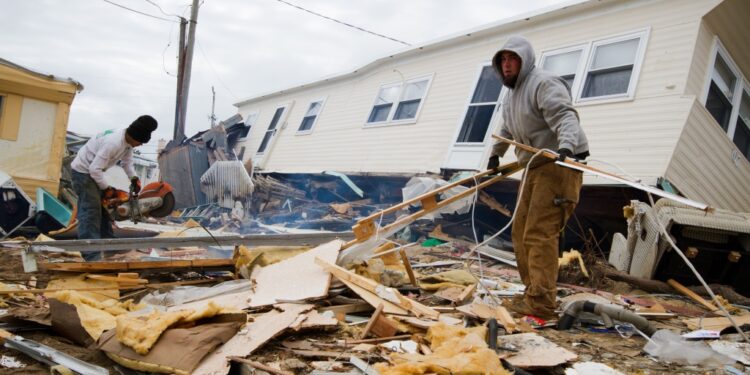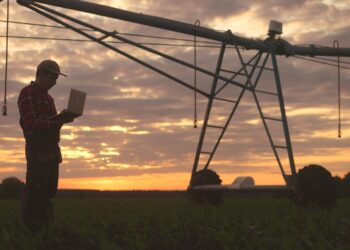Employee expectations increasingly are driving corporate philanthropy in support of disaster relief, a report from the Conference Board Environmental, Social & Governance Center finds.
Based on a survey of 126 corporate citizenship and philanthropy professionals, the report, Disaster Philanthropy Practices 2021 (19 pages, PDF), found that the top reasons for engaging in disaster philanthropy were commitment to communities (93 percent), values alignment (82 percent), and employee expectations (65 percent) — an increase of 50 percentage points between 2020 and 2021. Sixty-three percent of respondents said that they solicit input from employees about nonprofits to fund in affected communities, while 99 percent said they break from their disaster philanthropy priorities — primarily due to pressure from employees (43 percent) and senior management (37 percent).
According to the survey, the top priority of 73 percent of responding companies was immediate relief and short-term recovery, while only 22 percent prioritized disaster preparedness and just 3 percent prioritized long-term recovery and reconstruction. The report’s authors note that funding preparedness would reduce the need for relief and help build trust with communities, while funding long-term recovery and reconstruction would reduce the time it takes for communities to return to normal.
The survey also found that the COVID-19 pandemic prompted 69 percent of respondents to change their disaster philanthropy practices, with 45 percent increasing funding and 29 percent broadening the scope of their efforts. Top priorities for surveyed companies’ disaster philanthropy practices over the next three years include prioritizing socioeconomically disadvantaged communities (54 percent), ensuring equitable practices (48 percent), reporting outcomes (37 percent), and quantifying impact (36 percent). In addition, the report found that surveyed companies were most likely to partner with national nonprofits (89 percent) and local organizations (77 percent).
“While companies routinely work with nonprofits and government agencies on disaster relief and recovery efforts, just 16 percent of surveyed companies partner with other companies,” said Conference Board ESG Center executive director Paul Washington. “To increase the scale and effectiveness of their disaster philanthropy, CEOs can encourage their corporate citizenship leaders to explore partnerships and coalitions with other firms. Such partnerships are especially valuable with companies that have complementary core competencies with respect to responding to natural disasters.”
Courtesy Conference Board












